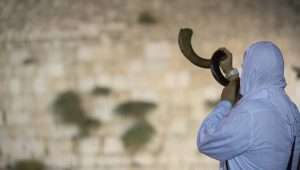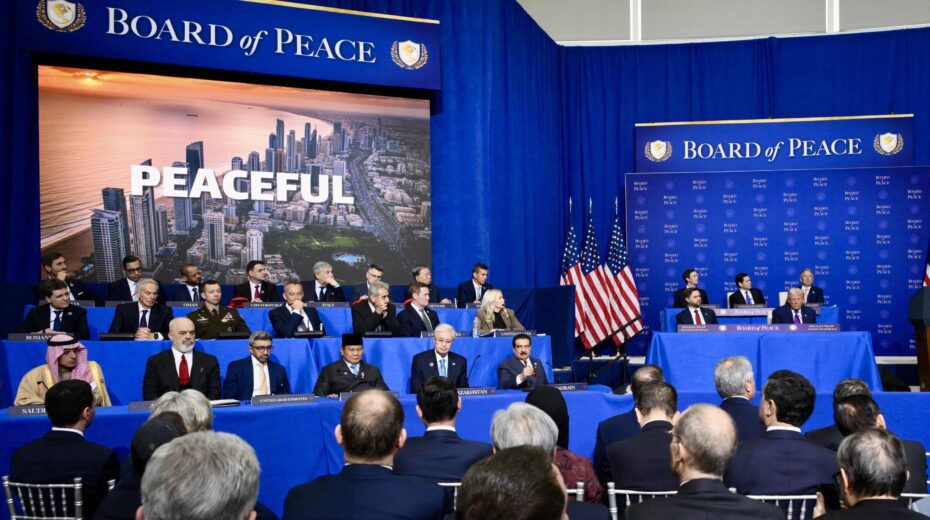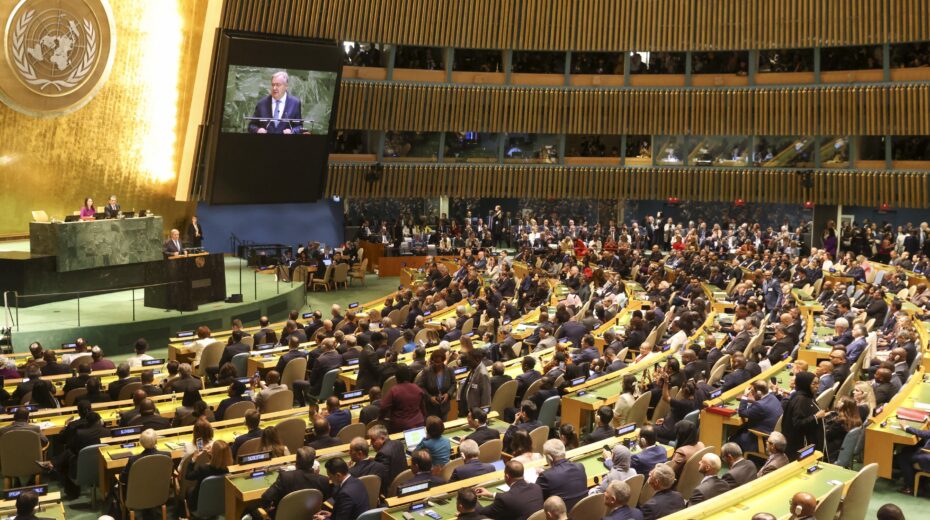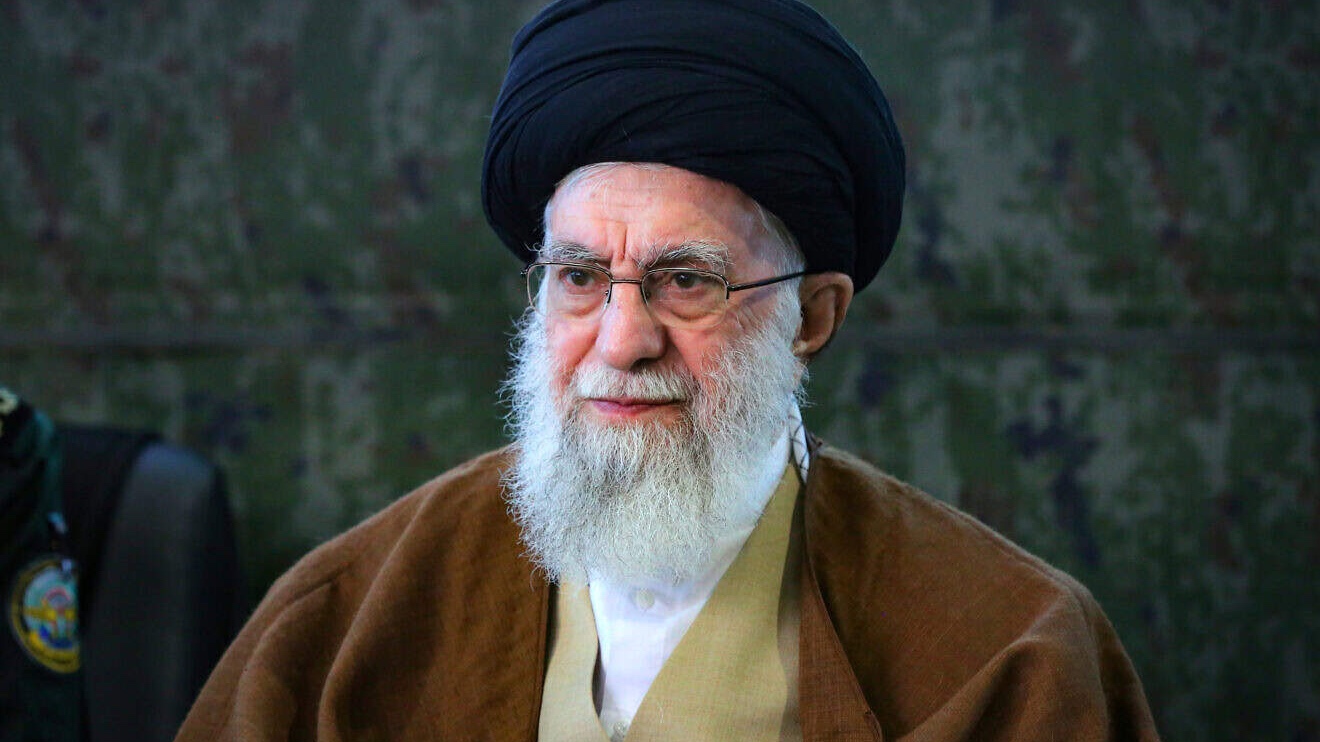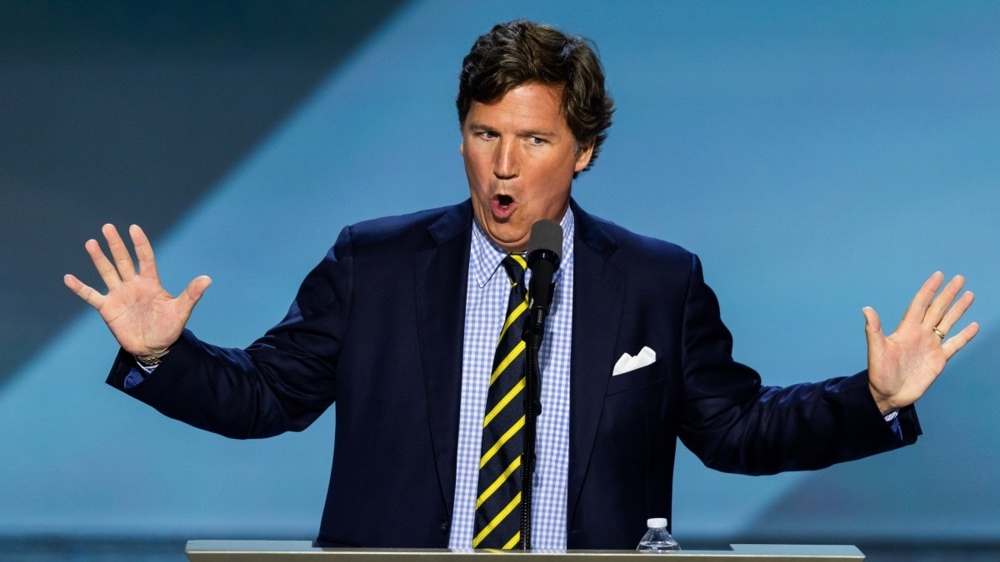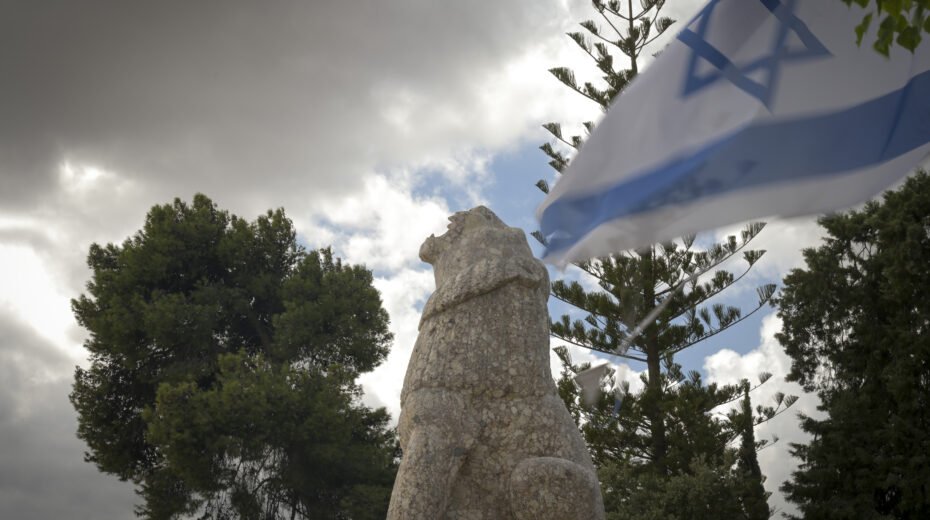(JNS) Who do you think was the single most influential person in human history?
I looked through many lists that have been compiled over the years. Some focus on religious leaders like Jesus and Muhammad, others on political leaders like Joseph Stalin, Adolf Hitler, Winston Churchill and Franklin D. Roosevelt. In one list, Albert Einstein squeaked in just ahead of Moses. In another, Moses came in only two places ahead of Michael Jackson. One list’s top 25 most influential people in history had Bruce Lee, followed by Walt Disney and Marilyn Monroe.
So much for these lists …
In one instance, Abraham came in at No. 7. Now, think about it. Abraham is acknowledged as the father of monotheism. So, he is not only the founding father of Judaism and the Jewish people, but he’s also the founder of all monotheistic faiths, including Christianity and Islam.
Now, to be the father of 14 million Jews is one thing, but to also be the founder of all the other faiths that stem from Judaism and boast billions of adherents is quite another. Today, there are as many as 2.6 billion Christians in the world. And there are about 1.9 billion Muslims. If you add up all the generations of believers since Abraham lived some 4,000 years ago … well, my calculator ran out of zeroes.
What comes after trillions? If you really want to know, it’s not zillions, but quadrillions.
If we think about it objectively and mathematically, Abraham has influenced zillions more people than all the other folks on those lists. That’s why, in my book, Abraham is undoubtedly the single most influential person not only in the Bible, but in all of human history.
Yet if we look in the Torah, we find chapter after chapter filled with Abraham’s life story, but only a few veiled references to the fact that he took on the whole world and won; that he transformed a completely pagan world into a generation of believers. The whole world was busy bowing down to the sun and the moon, or the stars, or the statue they built in their garage last week, and then Abraham changed the mindset of his entire generation.
The Torah is strangely reticent on the most dramatic achievements of our founding father, Abraham.
Where does the Torah go into the greatest detail about Abraham? When it discusses how he saved his nephew Lot from captivity during a world war. When it talks about how he tried to save the wicked cities of Sodom and Gomorrah. When it recounts how Abraham gave hospitality to three passing nomads—who, as we all know, were really angels in disguise.
If you look at the many chapters in the Bible from the beginning of Abraham’s life until he passes away—besides the personal stories of his wife, their struggle with infertility, the birth of their son Isaac, and, of course, the Akedah story read in shul on Rosh Hashanah, there seems to be very little about Abraham’s most important contribution to our own faith and the faith in God of quadrillions of people throughout history.
There is this one line: “He proclaimed the name of Hashem, God of the universe.” And we need the commentaries to teach us that it means that Abraham brought God into the world.
But when it comes to saving one man—his nephew Lot—or trying to save a bunch of decadent sinners or how he fed those three Arab travelers, we have whole sections of Torah devoted to every little detail.
What does that tell us about the Jewish value system?
It tells us that chesed, “kindness,” is where it’s at. In the Torah, Abraham goes down for posterity not as ish ha’emunah, “the man of faith,” or even the man who brought God into the world and who became the father of monotheism. He is revered for being an ish ha’chesed, the ultimate “man of kindness.”
I was driving in the car the other day, and listening to the news about Gaza. And just after the news was an interview with Dwayne Johnson, a giant of a man known as “The Rock.” He’s a former wrestler turned actor and has the chiselled physique that bodybuilders can only dream of—and no less than 393 million followers on Instagram.
And do you know what he said? “It’s nice to be important, but it’s more important to be nice.”
Not bad, coming from him.
When I train new rabbis, I tell them that people will forgive a lousy sermon, but they won’t easily forgive you for forgetting their personal needs. As the now-famous cliché goes, “People don’t care how much you know until they know how much you care.”
Back in October 1991, Rabbi Menachem Mendel Schneerson—the Lubavitcher Rebbe—was distributing blessings and advice to people, and giving every person a dollar bill for tzedakah, as he did regularly in those later years. And then something dramatic happened. A CNN film crew arrived at his office in Brooklyn, N.Y. New correspondent Gary Tuchman asked the Rebbe for his message to the world about Moshiach, the messiah.
And the Rebbe replied: “Moshiach is ready to come now. All that is necessary is that we do something additional in the realm of goodness and kindness.”
At the end of the day, being kind is what it’s really all about.
We are living in a terribly fractured world on so many levels. The Rebbe understood that goodness and kindness are what really count, and this is what will finally bring Moshiach.
I am so proud of all the kindness that we show in our community. This Rosh Hashanah, let’s pledge to grow it even more.
I wish all my readers, together with the whole House of Israel, a Shanah Tovah, a new year filled with all the Almighty’s abundant blessings.
Want more news from Israel?
Click Here to sign up for our FREE daily email updates





